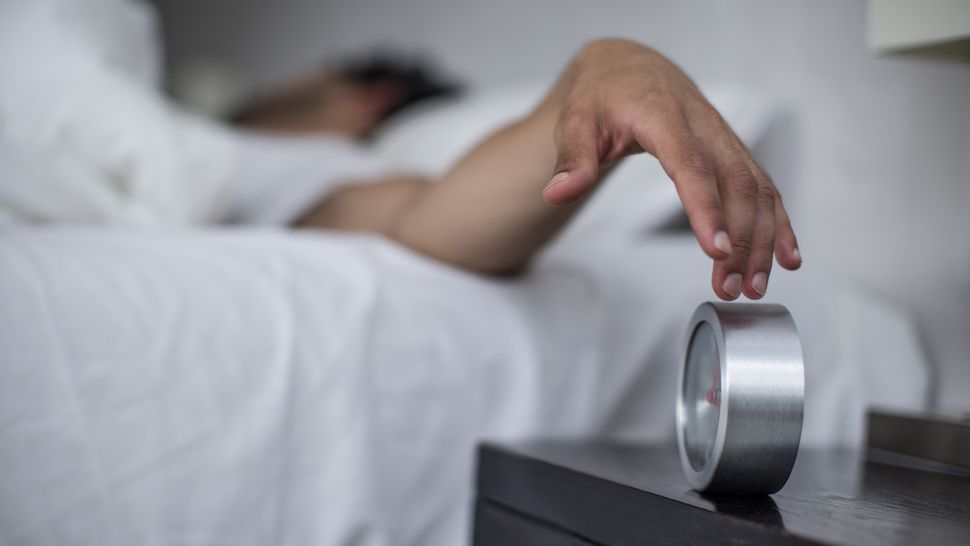
However, for me and for many, every single day is different, and sometimes going to bed at an exact time is simply out of the cards.Īfter about a week of using the calculator, I started to realize that the next month was going to be a little more difficult than I first anticipated. On paper, going to sleep and waking up at a certain time shouldn’t be too difficult. The calculator also works the opposite way-there is a “if I go to sleep now” option that tells you when to wake up if you go to sleep within the next 15 minutes. It also suggests four other times after that, but you wouldn’t be getting the required amount of snooze time. or 11:15 p.m.-taking into account that it takes the average person 15 minutes to fall asleep. How Running Can Help Improve Your Sleep Qualityīack to our example, if you want to wake up at 7 a.m., the sleep calculator instructs you to go to sleep at either 9:45 p.m.(But keep that 90-minute cycle from the calculator in mind for later.)
#BEST SLEEP AND WAKE UP TIME FULL#
It then gives you six “go to bed times” that would correlate to you waking up between full 90-minute sleep cycles as opposed to in the middle of a deep slumber.Īccording to Jordan Lewis, a postdoctoral sleep disorders researcher at Penn State College of Medicine whom I spoke to at the beginning of my experiment, a good night’s sleep for the average person consists of about five to six sleep cycles.


First, it prompts you to enter in a time that you want to wake up, let’s say 7 a.m. Let me explain the basics of the sleep calculator. The sleep calculator was an okay starting point, but the longer I used it, the more I wanted to figure out if I was really nailing the best way to maximize my Zzzs. It seemed simple enough (and it was free), so I decided to give the sleep calculator a try for a month. I found a website called, but there are several other tools and calculators that work the same way online. Google, which suggested a sleep calculator.



 0 kommentar(er)
0 kommentar(er)
